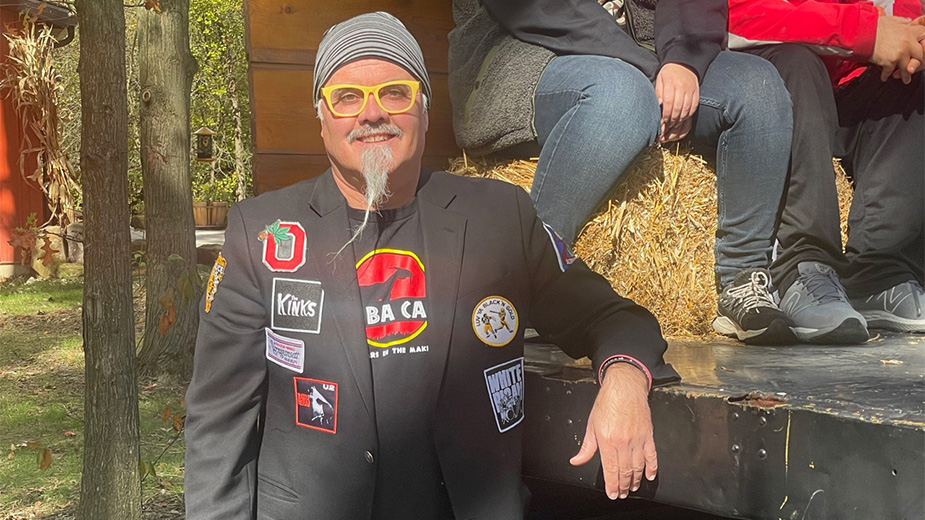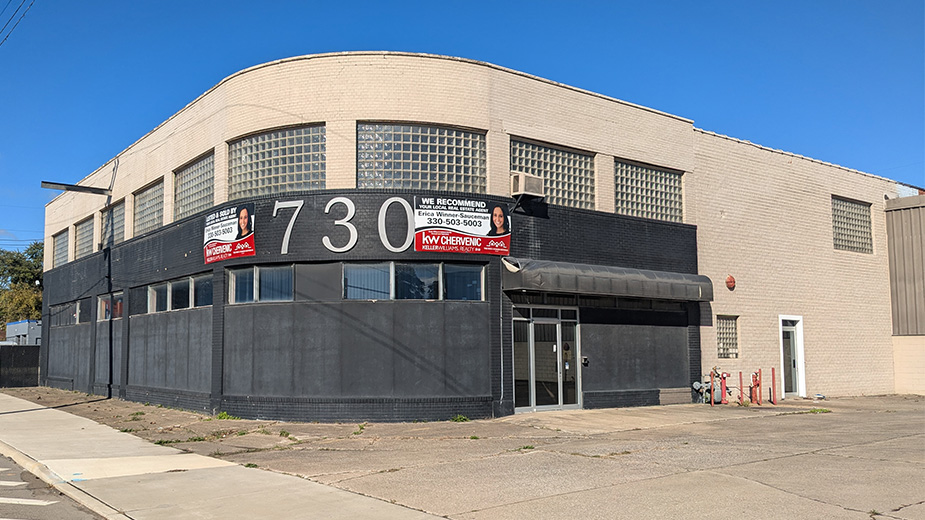Commentary: The Love in Our Home
By Louis A. Zona
YOUNGSTOWN, Ohio – My father lived through the Great Depression and always feared that bad times would return. He told many stories of the kind of struggles he experienced during the Depression and consequently was quite careful with his money.
That self-defrosting refrigerator that Mom wanted so bad would have to wait. So would that brand-new oven that would have made Mom’s life easier.
Given what Dad remembered from the ’30s, Mom had to make do with the appliances that she had in her little kitchen in a house that Mom and Dad shared with my uncle and aunt. It seems odd that my Uncle Joe and Aunt Antonetta shared my parents’ tiny house, but that was the way things were back in the 1930s.
Mom loved to talk about her nephews who were so good to her during those tough years. Her nephew Carmen walked along the railroad tracks looking for small pieces of coal that dropped off one of the train cars back before diesel locomotives moved the trains.
That coal warmed her house. Her nephew Jimmy, who owned an old pickup truck, took out the ashes every Saturday and was always there to repair the roof tile or check out the temperamental plumbing or electrical work. Her nephew Paul always seemed to appear with a few dollars when groceries were needed to feed the family.
My grandparents on both sides died before I had a chance to know them. Mom’s father, Paul, was a businessman who brought the fireworks industry to the New Castle area from his native Italy.
From all accounts, he was a generous man who shared his success with friends and family during the Depression years. According to my mother, he was often too generous and in the end had little savings to assist the family in their time of need.
His kind ways made him one of the most popular residents of the town. Dad’s father, Gerald, was a simple farmer who worked very hard raising and selling vegetables. When Mom and Dad married, the newspaper account of their wedding credited the wrong grandfather with paying the wedding costs.
According to the article on the society page, Mom’s dad, Paul, the businessman, paid for the wedding. Sadly, the paper got it wrong. It was the poor farmer, Gerald, who paid for their wedding. As you can imagine, the mistake in the paper caused a rift that lasted years.
Grandpa Gerald was concerned that the young couple had no house of their own. He had a solution. He heard that the Carnegie Steel Company was getting rid of its small office on its New Castle property. Grandpa asked if the structure were for sale. It was.
So Dad had a house – of sorts. Turning the company shack into a home for my parents must have involved a ton of work and a fair amount of creativity. A basement was dug and the structure eventually became a home for Gerald’s son and his new bride.
Mom and Dad had a house to shelter their growing family. Two grandsons and three granddaughters were reared in that one-time shack.
We loved our makeshift house and lived in it for decades, happy decades. Moreover, while I was often too embarrassed to bring a classmate home for fear that he would make fun of my home, a picture of me on the porch of that house on my 16th birthday, surrounded by a dozen or so of my classmates, helped me to get over any embarrassment that my home would bring. To this day, I think of the many holidays spent in Grandpa Gerald’s shack converted into a house. Laughter, music, great food and much love filled that little house during the holidays.
My dad never shared this but I knew that he was always concerned that the wood and paper structure might one day catch fire. Before he headed off to work each day, he prepared the furnace by removing ashes and putting large lumps of coal into the furnace so that my mom would be warm through the day. He often asked me to look at the chimney before I went to school. “Lou, can you see any fire coming up through the chimney?”
“No, Dad but I do see a reddish glow.”
“OK,” he would say. “How is it now?”
“It’s fine, Dad,” I’d reply.
Eventually, that shack we loved so much and saw generations living within, was torn down by the redevelopment authority after it made Mom and Dad an offer to acquire it. Its offer was $800.
When Mom read the letter, she marched right into town to the redevelopment headquarters and cried. “It may only be worth $800 to you but to us it is our home.” The redevelopment authority ended up giving Mom and Dad nearly $3,000, a down payment for a house on the property of my older sister and kind brother-in-law.
When I recall the story of Grandpa Zona’s shack, converted to a house in the heart of the Great Depression, I think of that simple farmer who protected his family as best he could by turning a Carnegie Steel Company shack into a beloved home.
Grandpa Gerald and Grandpa Paul eventually buried the hatchet and shared a great love for their first grandchild, Tina, who was born and lived in that shack turned into a home.
Copyright 2024 The Business Journal, Youngstown, Ohio.



